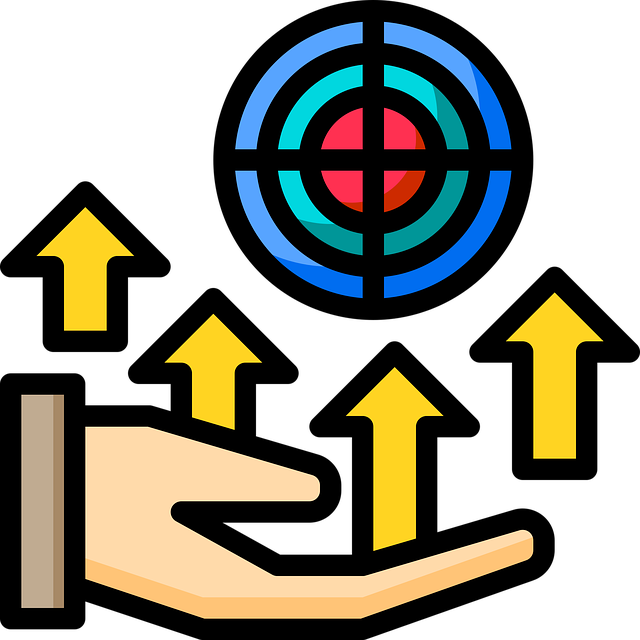Motorcycle repair shops can leverage AI tools like Machine Learning (ML) and Natural Language Processing (NLP) to transform diagnostic processes, boosting efficiency and accuracy. ML algorithms analyze vast data from sensor readings, service histories, and manufacturer specs to quickly identify issues, reducing misdiagnosis risks and mechanic time. NLP enables mechanics to diagnose problems from text-based data like customer complaints, enhancing knowledge management and predicting maintenance needs. AI integration streamlines workflows, optimizes inventory management, and ultimately provides more cost-effective services for both mechanics and customers.
“Revolutionize your motorcycle repair operations with cutting-edge AI innovation. In this article, we explore how advanced AI tools can transform diagnostic processes, enabling faster and more accurate repairs. From data-driven insights to machine learning parts identification, discover the power of natural language processing (NLP) integration in enhancing workshop efficiency. Leverage these AI strategies to stay ahead in the industry, ensuring top-notch motorcycle repair services.”
- AI Tools for Data-Driven Motorcycle Repair Diagnostics
- Leveraging Machine Learning for Accurate Parts Identification
- Enhancing Workshop Efficiency with Natural Language Processing (NLP) Integration
AI Tools for Data-Driven Motorcycle Repair Diagnostics

Motorcycle repair operations can greatly benefit from leveraging AI tools to enhance diagnostic processes, ultimately streamlining workflow and improving efficiency. These advanced algorithms have the capability to analyze vast amounts of data collected from various sources such as sensor readings, service histories, and manufacturer specifications in order to pinpoint potential issues more accurately than traditional methods. By utilizing machine learning models, repair technicians can receive real-time insights that enable them to make informed decisions, leading to faster troubleshooting and reduced downtime for motorcycles.
Moreover, AI tools can significantly reduce the risk of human error by standardizing diagnostic procedures and providing step-by-step guidance based on complex patterns and anomalies in the data. This not only ensures consistent quality in repair services but also empowers mechanics to tackle rare or intricate problems with confidence. The integration of artificial intelligence into motorcycle repair diagnostics marks a significant shift towards a more precise, efficient, and reliable service experience for both technicians and customers alike.
Leveraging Machine Learning for Accurate Parts Identification

Motorcycle repair operations can significantly benefit from leveraging AI tools, particularly in enhancing diagnostic processes. Machine Learning (ML) algorithms can be employed to create intelligent systems that accurately identify motorcycle parts. By training ML models on vast datasets comprising various motorcycle models and their corresponding components, these AI tools can learn to recognize intricate details and distinguish between similar-looking parts. This capability streamlines the initial diagnosis stage, enabling technicians to quickly pinpoint problematic areas.
Accurate parts identification is a critical step in efficient repair. With ML assistance, mechanics can reduce misdiagnosis risks and save valuable time. Moreover, AI tools can enhance part replacement processes by suggesting compatible alternatives, ensuring that repairs are not only quick but also reliable and cost-effective.
Enhancing Workshop Efficiency with Natural Language Processing (NLP) Integration

Motorcycle repair operations can significantly benefit from integrating AI tools, particularly natural language processing (NLP), to enhance workshop efficiency and accuracy. By leveraging NLP, mechanics can streamline diagnostic processes, as the technology enables faster and more precise identification of issues through text-based data analysis. For instance, NLP algorithms can process customer complaints or error reports, extracting critical information about motorcycle problems to aid in troubleshooting.
This integration also facilitates better knowledge management within the repair shop. With a vast array of historical data at their disposal, AI systems can identify patterns and trends, allowing mechanics to anticipate potential issues with certain motorcycle models or components. Such insights contribute to more efficient inventory management and reduce downtime associated with parts retrieval, ultimately making motorcycle repair operations more cost-effective and customer-friendly.
AI innovation strategies, including data-driven diagnostics, machine learning for parts identification, and NLP integration, can revolutionize motorcycle repair operations. By leveraging these AI tools, workshops can enhance efficiency, accuracy, and overall customer satisfaction. Embracing these advancements ensures motorcycle repair businesses stay competitive in the modern market, providing faster and more precise services to their clients.
